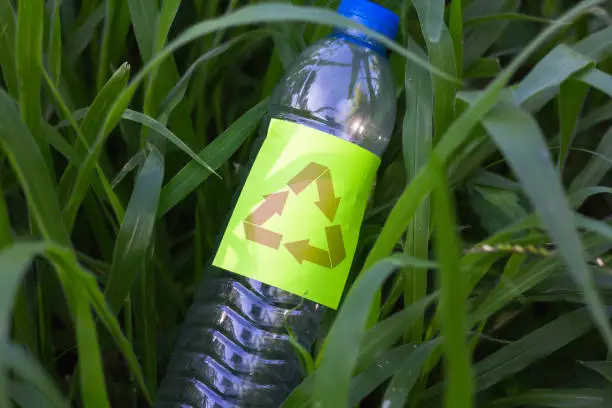Littering is one of the most common and harmful environmental problems in our communities. It not only makes public spaces unsightly but also pollutes land and water, harms wildlife, and contributes to health hazards. Learning how to avoid littering is not just about personal responsibility; it’s about building a cleaner, safer, and more respectful environment for everyone. Here is how to avoid littering.
- Understand the Impact of Littering
Before you can change behavior, it helps to understand why it matters. Litter doesn’t just disappear—it often ends up in rivers, oceans, and natural habitats. It can harm animals who mistake it for food and spread diseases through pests. The cost of cleaning up litter also affects communities, draining public resources that could be used elsewhere.
Recognizing the environmental and social consequences of littering is the first step toward choosing better habits.
- Use Waste Bins Properly
Always make use of available waste bins when disposing of trash. Whether you’re on the street, in a park, at school, or at work, look for a bin and use it—even if it means carrying your waste for a short while until you find one.
If there are separate bins for recycling, try to sort your waste correctly. This reduces landfill use and supports recycling efforts.
- Carry a Small Trash Bag
One simple but effective habit is to carry a small reusable bag or envelope for waste, especially when traveling, hiking, or in areas with limited bins. Instead of tossing a wrapper or tissue on the ground, you can keep it in your bag until you find a proper place to dispose of it.
This habit is particularly helpful in cars, where people often leave behind cups, bottles, or papers. Keep a designated trash container in your vehicle and empty it regularly.
- Set a Good Example
People often follow the behavior they see around them. By properly disposing of your litter, you set a silent example for friends, family, and even strangers. This is especially important for young people, who learn from observing adults.
You can also take the opportunity to gently remind others or help pick up stray litter in your area. Community clean-up efforts can have a strong positive impact on local attitudes toward littering.
- Educate Others
Spread awareness about why littering is harmful and how to avoid it. This can be done through conversations, social media posts, or school and community campaigns. The more people understand the long-term effects of litter, the more likely they are to stop doing it.
Also Read: How To Answer Comprehension Questions
Email your news TIPS to Editor@Kahawatungu.com — this is our only official communication channel


